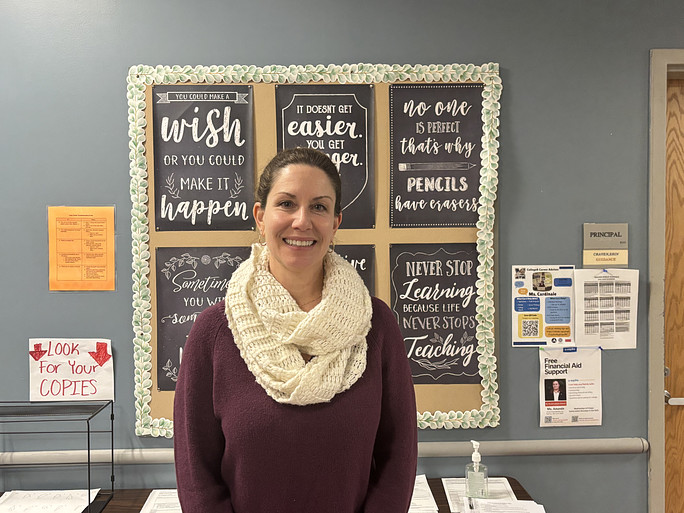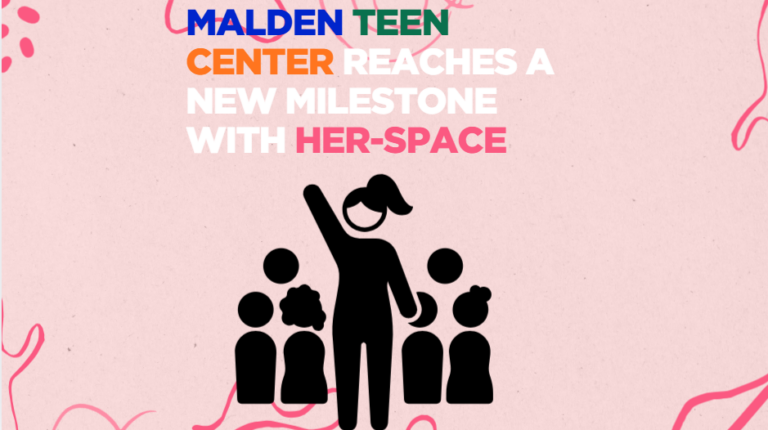Attendees of any Massachusetts public school should be able to know what the Massachusetts Comprehensive Assessment System (MCAS) is. The testing season is anything but thrilling to students, and even some faculty. It is one of the most stressful times of the year when students feel a weird sense of jitteriness as they sit in a room having to solve for x, identify a certain macromolecule, or write an essay that can decide whether they can graduate or not.
MCAS was established in 1993 as part of an education reform law to enhance accountability and school performance. Testing began in 1998 when students were mandated to attain satisfactory scores to graduate. Even though MCAS was built as a way for students and educators to pinpoint where students are excelling or struggling, several scholars fend for not wanting to take it at all, and several teachers support this idea that high-stakes or standardized tests are a poor way of measuring students’ true performance and knowledge.
“I don’t necessarily think it’s a bad assessment, but I am not a fan of high-stakes testing in general,” stated Jennifer Clapp, a teacher of AP Seminar and other English courses. “It takes a lot of time and it doesn’t show what students can do in multiple areas of education. It takes time away from learning and work that demonstrates knowledge and effort,” she added.
Clapp continued, describing how she wished there was a different way to assess students: “I would definitely like a portfolio or a capstone project, where students have to demonstrate mastery over multiple skills, but where they can choose something to focus on, something that would be meaningful to them.”
Building a portfolio helps encourage students to reflect on their learning over time, fostering a growth mindset. This helps them see their progress and areas for improvement instead of standardized tests, which typically assess a narrow range of knowledge and skills at a single point in time and therefore fail to capture the full spectrum of a student’s abilities and learning styles while feeding the student minimal feedback.
Clapp went on to explain that students who are learning English will struggle to take the test because English is not their primary language.
Standardized tests are often heavily reliant on the English language as a whole, which can cause a major disadvantage to non-native English speakers. This could mean that students who are still in the process of learning English may need help to fully demonstrate their knowledge and abilities on these tests. Instead of this being a way of enhancing skills that they struggle with it just showcases things they simply cannot understand due to language barriers.
“As a teacher of multilingual learners, I know that it takes most language learners five to seven years to achieve full mastery of the academic register of English,” said Jessica Gold Boots, an ESL teacher at Malden High and the vice president of the Malden Education Association. This means that newcomer students are not able to demonstrate their knowledge accurately and it prohibits an entire type of student from a city as diverse as Malden from being able to graduate.” She also expressed that teachers do not exactly benefit from the scores students get from MCAS.
Pressure from non-fluent English students is one thing, though the burden of having to exceed an average high school student could affect not only the way they score but how they value their education as a whole. “Personally, I’m just trying to get it over with. It is what it is at the end of the day,” shared Aya Bihi, a freshman who just came to Malden High School. She continued, “I feel like I’m going to have to worry more because high school and colleges look at it and it could have a big impact on my future,”, expressing the feelings of not seeking a difference in her results if she studies or not, but it is important to note that colleges do not base their acceptances on the MCAS scores.
“The school organizes MCAS really well but I get nervous at times,” expressed sophomore Raquel Ferreira. “Sometimes I feel like my whole school career is in the hands of these tests; I don’t really think it’s hard, but it feels super pressuring.”
Students feel pressure when they realize they have to pass to gain their diploma and graduate. According to data published by WWLP (Local Channel 22), a news broadcast station and website, higher MCAS scores are linked to higher college enrollment and graduation rates, particularly in math-related exams. Even if it sounds like an ideal rule to have in place, opponents argue that emphasizing MCAS scores in colleges may lead to excessive test prep, narrowing curriculum, and hindering learning opportunities.
“The results are not really useful for changing instruction and making quality instructional decisions. Among the general public, there is an idea that MCAS test results help teachers tailor their instruction. We don’t get to see most of the questions and barely get to see how students performed on each standard,” said Gold Boots as she defended the argument of standardized tests giving minimal feedback to teachers. When MCAS season is around, many teachers are required to educate their students on topics that could help prepare them for the exam.
As the debate continues about MCAS, making MCAS a graduation requirement is problematic for several compelling reasons. The test often does not accurately reflect students’ knowledge, skills, or potential, particularly for those who come from diverse backgrounds or face learning challenges. It might just be an assessment we need to seriously consider and not banish so it can push students to care about their education and simply pass a standardized test.







